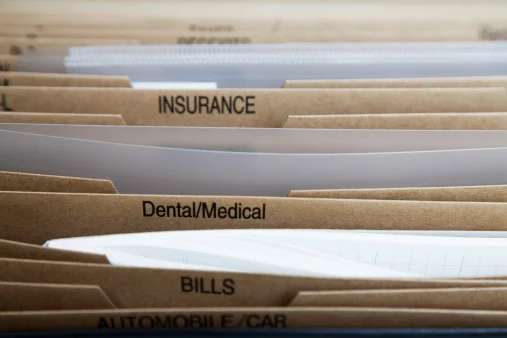Tag: Rx

Paying off the mortgage frees up a lot of money for other things. The homeowners in one study splurged on big-ticket items. Older homeowners, however, are adding another priority: medications. After a mortgage payoff, workers and retirees ages 50 to 64 spent 50 percent more on prescription drugs in a comparison with households who had…

Several million retirees have spent so much on their prescriptions in recent years that they crossed over into the “catastrophic” phase of their Medicare drug plans. Once catastrophic coverage kicks in, Part D drug plans require retirees to pay only 5 percent of their medication costs out of their own pockets. But there’s a catch:…


